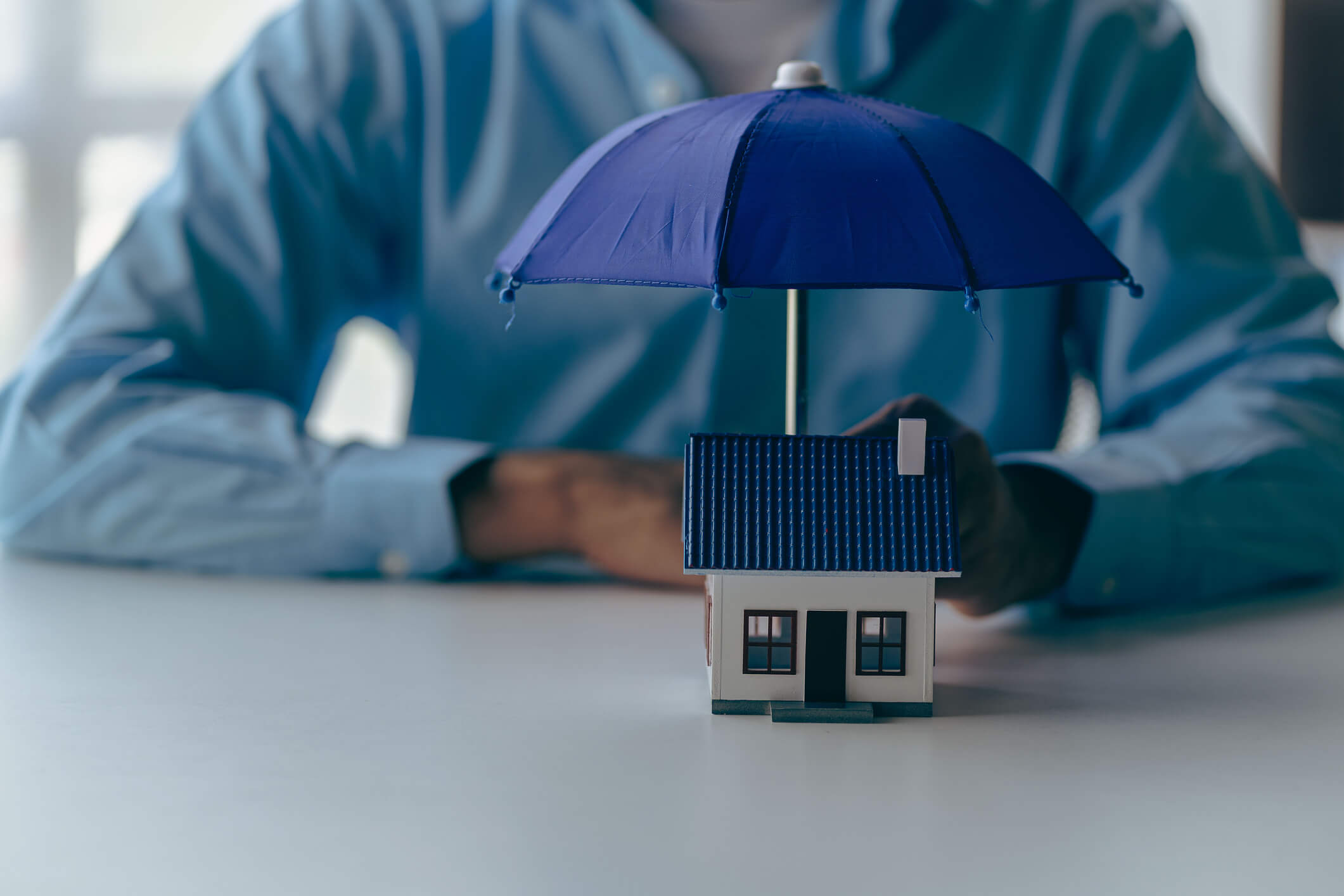
Water damage can wreak havoc on a home, causing structural damage, mold growth, and costly repairs. Many homeowners rely on insurance to protect their property in case of unforeseen events. But does homeowners insurance cover water damage? In this blog post, we’ll explore the ins and outs of homeowners insurance coverage for water damage, including what is typically covered, what may not be covered, and how homeowners can protect themselves against water-related risks.
Understanding Homeowners Insurance Coverage
Typical Coverage
Homeowners’ insurance typically covers water damage caused by sudden and accidental events, such as burst pipes, overflowing appliances, or a roof leak from a storm. This coverage may help pay for repairs to the home’s structure and damaged personal belongings.
Exclusions
While homeowners insurance provides valuable protection, it’s essential to understand that not all types of water damage are covered. Typical exclusions may include:
Flood Damage: Standard homeowners insurance policies typically do not cover damage caused by floods. To protect against flood damage, homeowners may purchase a separate flood insurance policy through the National Flood Insurance Program (NFIP) or a private insurer.
Gradual Damage: Homeowners’ insurance does not cover damages caused by long-term issues such as leaky plumbing, seepage, or poor maintenance. Insurers expect homeowners to maintain their property and prevent damage proactively.
Water Backup: A standard homeowners policy may not cover damage caused by sewer backups or sump pump failures. However, homeowners can add water backup coverage to their policy as an optional endorsement.
Coverage Limits and Deductibles
Homeowners’ insurance policies often have coverage limits and deductibles that apply to water damage claims. Homeowners need to review their policy documents carefully to understand these limits and ensure they have adequate coverage.
How to Protect Your Home Against Water Damage
Regular Maintenance
Preventive maintenance is critical to avoiding water damage in the home. Homeowners should:
● Inspect and repair roof damage promptly.
● Check plumbing fixtures, pipes, and appliances for leaks or signs of wear.
● Clean gutters and downspouts regularly to prevent water buildup.
● Ensure proper grading and drainage around the home’s foundation.
Install Water Detection Devices
Installing water detection devices like leak sensors and smart water shut-off valves can help homeowners detect leaks early and prevent extensive damage. These devices can alert homeowners to potential water issues and automatically shut off the water supply in case of a leak.
Consider Additional Coverage
In areas prone to flooding or water backup issues, homeowners may need additional coverage beyond what is provided by standard homeowners insurance. Options include:
Flood Insurance: A separate flood insurance policy can cover flood-related damage to the home and personal property.
Water Backup Coverage: Adding water backup coverage to a homeowner’s policy can protect against damage caused by sewer backups or sump pump failures.
Review and Update Your Policy
Homeowners should regularly review their insurance policies to ensure adequate coverage for their needs. Updating the policy as needed is essential, especially after significant home improvements or additions.
Conclusion
While homeowners insurance can provide valuable protection against water damage, it’s essential for homeowners to understand what is and isn’t covered by their policy. By familiarizing themselves with their coverage, taking preventive measures, and considering additional coverage options, homeowners can safeguard their homes and belongings against the potentially devastating effects of water damage.
Recent Post
 Positive Attitude Examples: Transforming Work, School, and Life
Positive Attitude Examples: Transforming Work, School, and Life Top 10 Leadership Development Books: Essential Reads for Aspiring and Established Leaders
Top 10 Leadership Development Books: Essential Reads for Aspiring and Established Leaders Smart Goals Examples for Students: A Practical Guide to Academic and Personal Success
Smart Goals Examples for Students: A Practical Guide to Academic and Personal Success Social Issues Examples: Understanding the Challenges Shaping Our World
Social Issues Examples: Understanding the Challenges Shaping Our World Mastering Interpersonal Skills: The Key to Professional and Personal Success
Mastering Interpersonal Skills: The Key to Professional and Personal Success